Organized by the Rice University Department of Bioengineering.
As the COVID-19 pandemic unfolds across the globe, these unprecedented times have caused the cancellation of in-person seminar series, conferences and workshops that our students would participate in and engage with to enhance their educational goals. Rice Bioengineering has organized this webinar series to help our trainees stay up-to-date with frontiers of bioengineering research and to continue facilitating communication between our students and colleagues. All academics, professionals and students at all levels in the field and related fields are invited to attend.
This weekly series of live 90-minute webinar presentations features invited speakers discussing cutting-edge research currently being performed in the bioengineering field.
Week 1
Synthetic Biology Approaches for COVID-19 Diagnostics
Thursday, April 16, 3-4:30 p.m. CT
Moderator(s)
Speaker(s)
- Howard Salis, Penn State University | “Sprinting from Concept to Clinic: A Massively Parallel COVID-19 Diagnostic Assay for Simultaneous Testing of 19200 Patient Samples”
- Keith Pardee, University of Toronto | “Responding to COVID-19: Developing Gene Circuit-based SARS-CoV-2 Sensors for Local and Sustained Diagnostic Capacity”
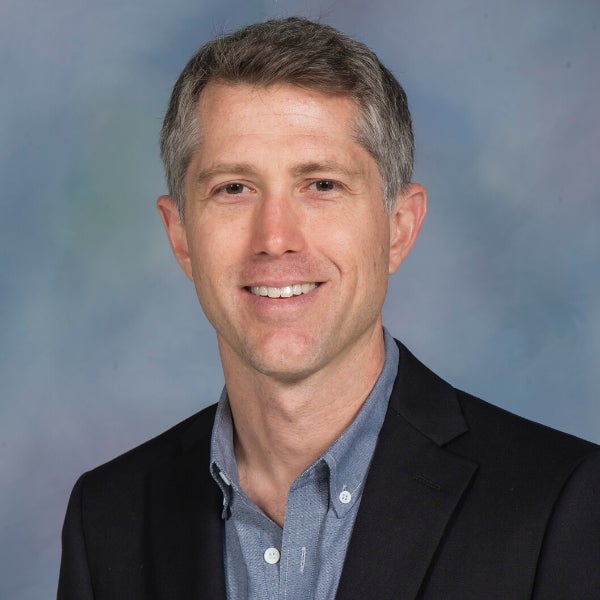 |
Jeffrey TaborAssociate Professor, Bioengineering and BioSciences, Rice UniversityDr. Tabor engineers living organisms to sense and respond to stimuli in the environment, with applications in medicine, environmental monitoring, bio-manufacturing, and fundamental science. His recent work has focused on harnessing bacterial two-component systems, the largest family of signal transduction pathways in biology, to function as a large new family of genetically-encoded sensors for biotechnology. For example, he is engineering gut bacteria to diagnose and treat diseases, soil and marine bacteria to sense and report the presence of toxins underground and in seawater, and bacteria that deliver therapeutic or immune modulatory molecules to different locations in the body in response to light. |
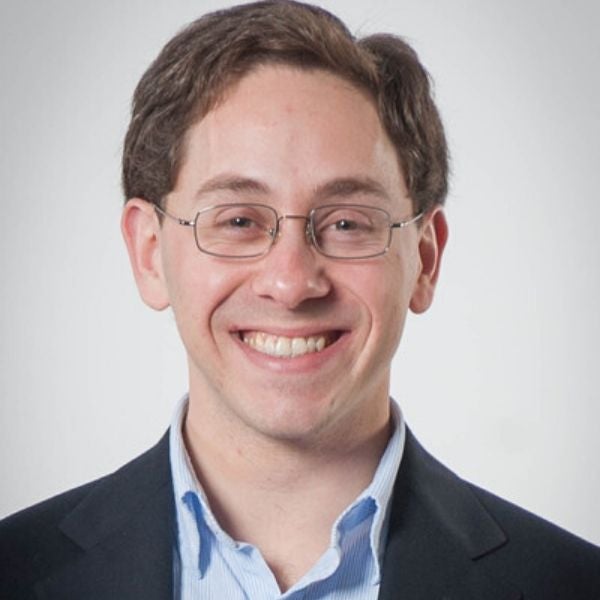 |
Howard SalisAssociate Professor, Biological Engineering and Chemical Engineering, Penn State UniversityDr. Salis leads a dynamic group conducting cutting edge interdisciplinary and innovative research developing predictive biophysical models and design algorithms to rationally engineer synthetic systems and organisms for synthetic biology and metabolic engineering applications. |
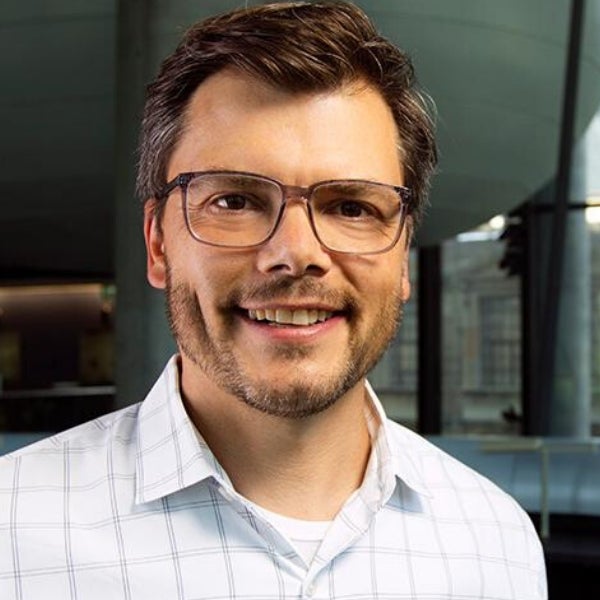 |
Keith PardeeCanada Research Chair, Synthetic Biology and Human Health, University of TorontoDr. Pardee and his group are pioneering in vitro devices to host cell-free synthetic gene networks for broad applications in sensing and human health. They have used this approach to create a sterile and abiotic platform for low-cost diagnostics for Ebola and Zika viruses, and have also created a platform for making vaccines in the field. |
The “Frontiers in Bioengineering Research” Webinar Series is organized by the Rice University Department of Bioengineering.
Week 2
Immunoengineering and Immunotherapy
Thursday, April 23, 3-4:30 p.m. CT
Moderator(s)
Speaker(s)
- Jeffrey Molldrem, MD Anderson | “Development of a first-in-class T cell receptor-like antibody to treat acute myelogenous leukemia”
- Jenny Jiang, UT Austin | "Systems Immunology Based Immune Engineering"
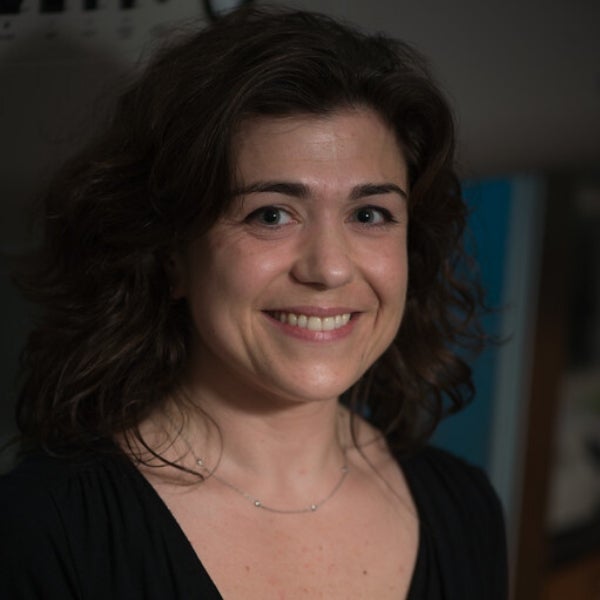 |
Laura SegatoriAssociate Professor, Bioengineering, Chemical & Biomolecular Engineering and BioSciences, Rice UniversityDr. Segatori's research group develops innovative, system-level strategies based on the integration of synthetic biology, protein engineering, and bionanotechnology to reprogram the cellular quality control system in mammalian cells. The approaches allow for a broader understanding and control over the molecular mechanisms that regulate protein processing for applications ranging from development of cell-based therapies to the production of biologics. |
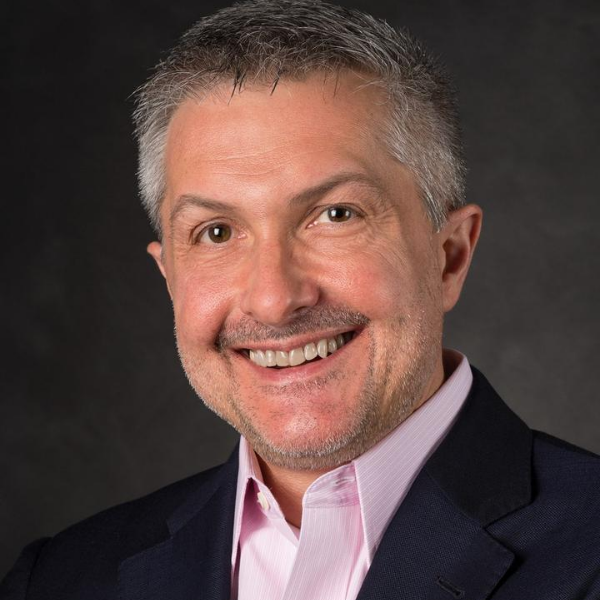 |
Jeff MolldremChair, Stem Cell Therapy, MD Anderson Cancer CenterDr. Molldrem’s research focuses on developing immunotherapies for leukemia and other hematological diseases through an understanding of T-cell immunity against hematopoietic progenitors. His group's central hypothesis is that T-cells target and eliminate these progenitors by recognizing determinants of self-antigens when tolerance has been reversed by aberrant self-antigen expression. As models, they have studied myeloid leukemia and MDS and have found that CD8 lymphocytes recognized the HLA-A2-restricted PR1 peptide, derived from both P3 and NE, due to aberrant subcellular localization and over-expression. |
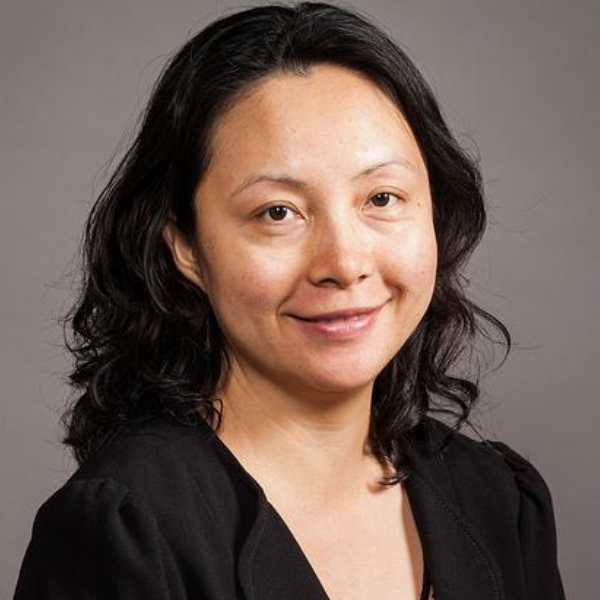 |
Jenny JiangAssociate Professor, Biomedical Engineering and Oncolog, the University of Texas at AustinDr. Jiang and her group use high-throughput sequencing and single-cell analysis in combination with quantitative analysis to explore how the immune system develops and ages, the molecular signatures of autoimmune diseases, and why the immune system tolerates tumors, in order to establish metrics for immune health and providing biomarkers for diagnosis and therapy. |
The “Frontiers in Bioengineering Research” Webinar Series is organized by the Rice University Department of Bioengineering.
Week 3
COVID-19 Diagnosis and Critical Care
Thursday, April 30, 3-4:30 p.m. CT
Moderator(s)
Speaker(s)
- Laura Lamb, Oakland University | “Developing a Point-of-Risk Test for novel Coronavirus 2019”
- Maria Oden and Matthew Wettergreen, Rice University | “ApolloBVM: A ventilation for COVID-19 patients”
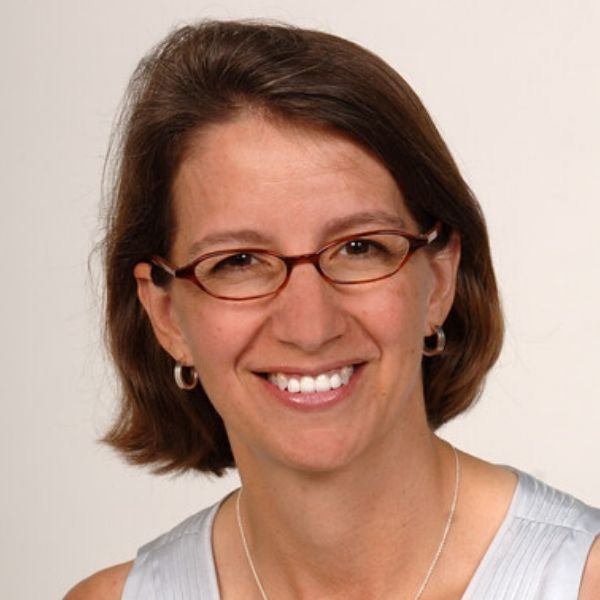 |
Rebecca Richards-KortumMalcolm Gillis University Professor, Professor of Bioengineering, Director, Rice 360° Institute for Global Health, Rice UniversityDr. Richards-Kortum’s research and teaching focus on developing low-cost, high-performance technology for low-resource settings. She is known for providing vulnerable populations in the developing world access to life-saving health technology, focusing on diseases and conditions that cause high morbidity and mortality, such as cervical and oral cancer, premature birth, and malaria. Richards-Kortum is also leading a multi-institutional team to develop a package of 17 life-saving neonatal technologies, designed for low-resource settings while providing the same efficacy a related technologies used in North America, but at a fraction of the cost. |
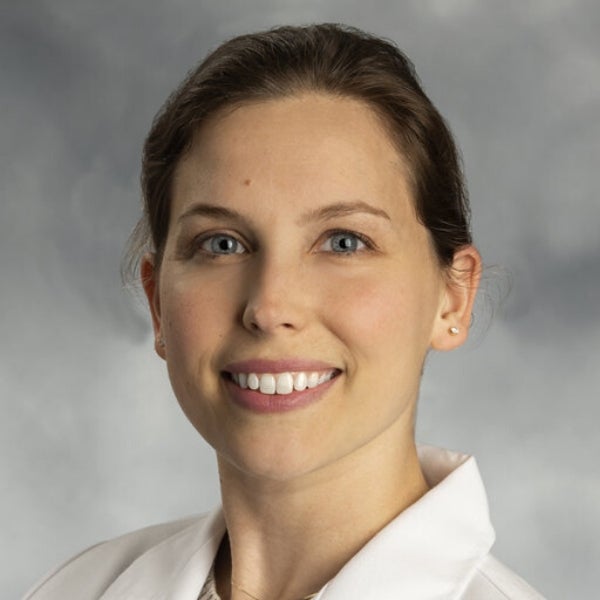 |
Laura LambAssistant Professor and Director, Translational Urology Research, Oakland UniversityDr. Lamb is an enterprising scientist with over ten years of experience in urology, oncology, cellular and molecular biology, with expertise in cell signaling. She has experience identifying and validating new molecular targets for therapeutic application and biomarker discovery with a diverse background in bladder, prostate, mammary gland, cervix, and skin biology. Dr. Lamb enjoys teaching and mentoring students at all levels as well as educating the public and policymakers on how research and science impact their lives. |
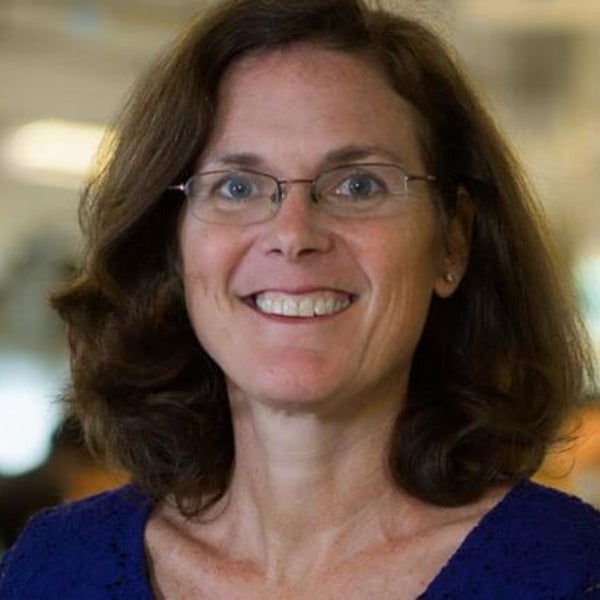 |
Maria OdenFull Teaching Professor, Bioengineering, Director, OEDK & Co-Director, Rice 360° Institute for Global Health, Rice UniversityDr. Oden has applied her experiences as a senior research associate at Beth Israel Deaconess Medical Center, an instructor at Harvard Medical School, and a faculty member at the UT Health Science Center at Houston, to cultivate and orchestrate award-winning engineering design programs for the students of Rice’s George R. Brown School of Engineering, Wiess School of Natural Sciences, School of Humanities, and the Rice 360° Institute for Global Health. Dr. Oden collaborates with Rice faculty members to develop and implement engineering design and innovation curriculum programs for undergraduate students. |
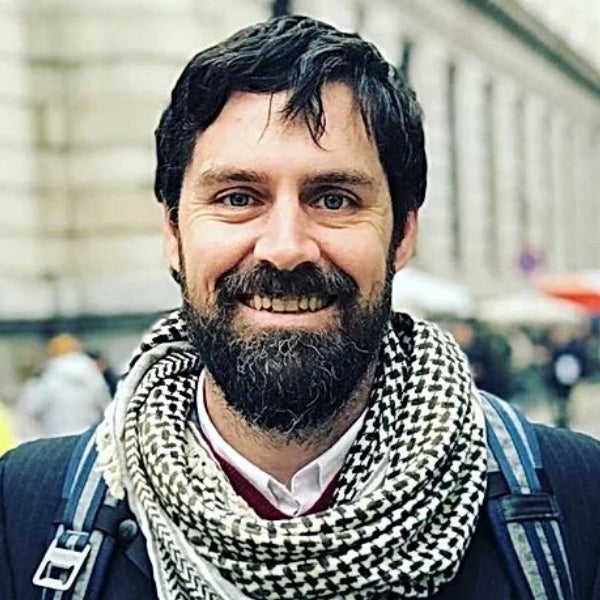 |
Matthew WettergreenAssociate Teaching Professor, OEDK, Rice UniversitySince joining the Oshman Engineering Design Kitchen as the first faculty hire in 2013, Dr. Wettergreen co-developed six of the seven engineering design courses in the design curriculum and currently instructs many of these courses, including first-year engineering design and Prototyping and Fabrication. This practical and hands-on course increases student proficiency in the development of prototypes using low fidelity prototyping, iterative design, and advanced manufacturing tools. |
The “Frontiers in Bioengineering Research” Webinar Series is organized by the Rice University Department of Bioengineering.
Week 4
Antibody-Based Diagnostics and Therapeutics
Thursday, May 7, 3-4:30 p.m. CT
Moderator(s)
Speaker(s)
- Kaitlyn Sadtler, NIH National Institute of Biomedical Imaging and Bioengineering | "SARS-CoV2 Seroprevalence in Healthy Asymptomatic Adults with No Prior COVID-19 Diagnosis"
- Andrew Tsourkas, University of Pennsylvania | "Engineering novel antibody and nanoparticle platforms for imaging and therapeutic applications"
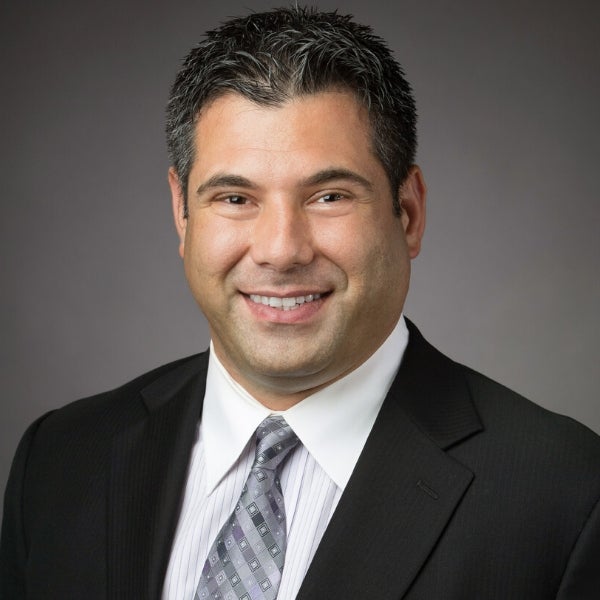 |
Omid VeisehAssistant Professor, Bioengineering and CPRIT Scholar in Cancer Research, Rice UniversityDr. Veiseh’s laboratory utilizes advanced nano, micro, and macro fabrication techniques in combination with molecular engineering and cellular and molecular biology, to develop platforms of implantable devices tailored for in vivo chemical sensing and delivery of therapeutics. The Veiseh laboratory is particularly interested in developing technologies for the improved management of cancer, Type-1 diabetes, rheumatoid arthritis, and other autoimmune diseases. |
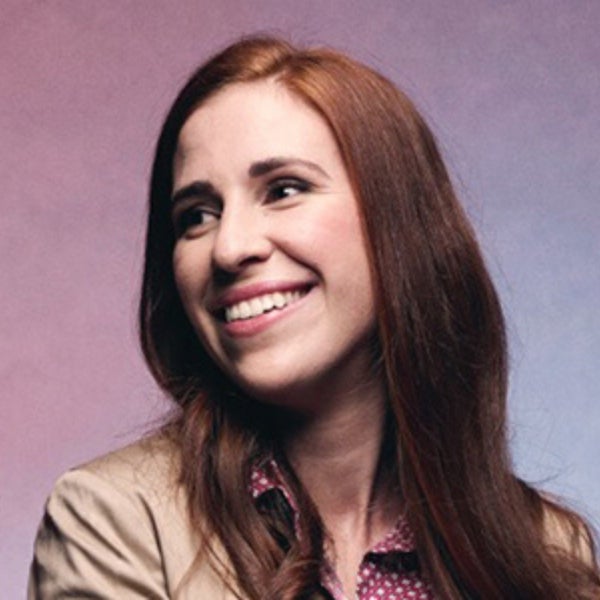 |
Kaitlyn SadtlerEarl Stadtman Investigator; Chief, Section for Immuno-Engineering, NIH National Institute of Biomedical Imaging and BioengineeringDr. Sadtler joined NIBIB as an Earl Stadtman Tenure-Track Investigator and Chief of the Section for Immunoengineering in 2019. Prior to her arrival to the NIH, she completed a postdoctoral fellowship at the Massachusetts Institute of Technology with Daniel Anderson, Ph.D. and Robert Langer, Ph.D., focusing on the molecular mechanisms of medical device fibrosis. During her time at MIT, Dr. Sadtler was awarded an NRSA Ruth L Kirschstein Postdoctoral Fellowship, was listed on BioSpace’s 10 Life Science Innovators Under 40 To Watch and StemCell Tech’s Six Immunologists and Science Communicators to Follow. |
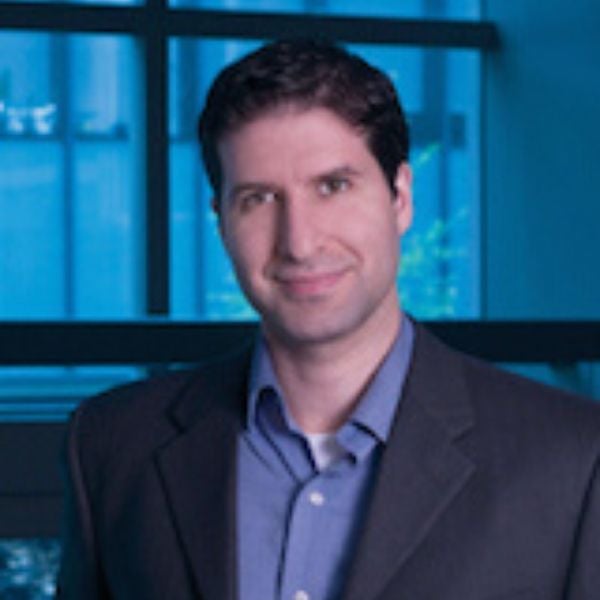 |
Andrew TsourkasProfessor, Bioengineering, University of PennsylvaniaDr. Tsourkas leads a group that combines chemistry, nanotechnology, and protein engineering to create novel targeted imaging and therapeutic agents designed to improve the detection and treatment of cancer. Specific research interests include developing new nanoformulations that are capable of carrying extremely high payloads of drugs, sensitizing agents, and/or contrast agents; investigating new disease targeting strategies that maximize specificity and sensitivity; and developing new bioconjugation techniques that enable the highly efficient, site-specific labeling of targeting agents for imaging and therapeutic applications. |
The “Frontiers in Bioengineering Research” Webinar Series is organized by the Rice University Department of Bioengineering.
Week 5
Molecular and Cellular Engineering of Therapeutics
Thursday, May 14, 3-4:30 p.m. CT
Moderator(s)
Speaker(s)
- Yizhou Dong, Ohio State University | "Leveraging mRNAs sequences to deliver SARS-CoV-2 antigens in vivo"
- Peter Wang, UC San Diego | "Cellular Engineering for Remote Controllable CAR Immunotherapy"
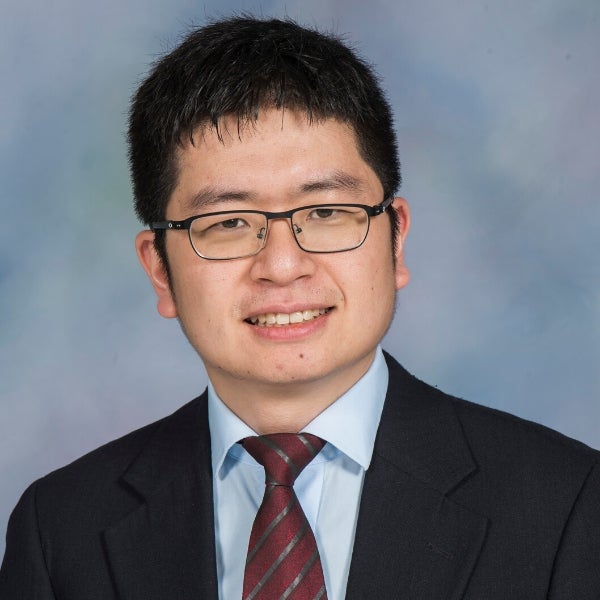 |
George LuAssistant Professor, Bioengineering and CPRIT Scholar in Cancer Research, Rice UniversityDr. Lu's Laboratory for Synthetic Macromolecular Assemblies focuses on a class of gas-filled protein nanostructures, and explores their unique material, mechanical and acoustic properties to enable noninvasive imaging and remote control of genetically engineered cells for biomedical research and cell-based therapies. |
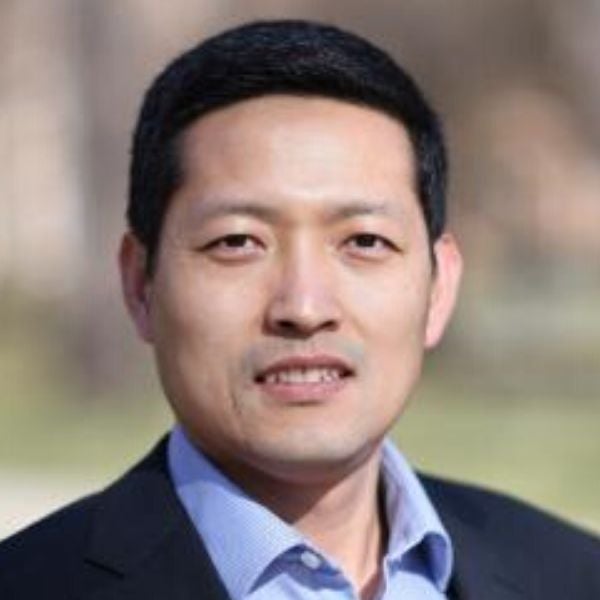 |
Yizhou DongAssociate Professor, Pharmaceutics and Pharmacology, Ohio State UniversityDr. Dong and his group's research is devoted to drug discovery and development for the treatment of cancer as well as inherited genetic disorders. They integrate their specialty in pharmaceutics, pharmaceutical chemistry, biomedical engineering, materials formulation, and animal studies to design novel therapeutic medicines and uncover their mechanisms of actions. The ultimate goal is to translate their scientific results and technological inventions into more effective treatment and more fulfilling lives for all individuals. |
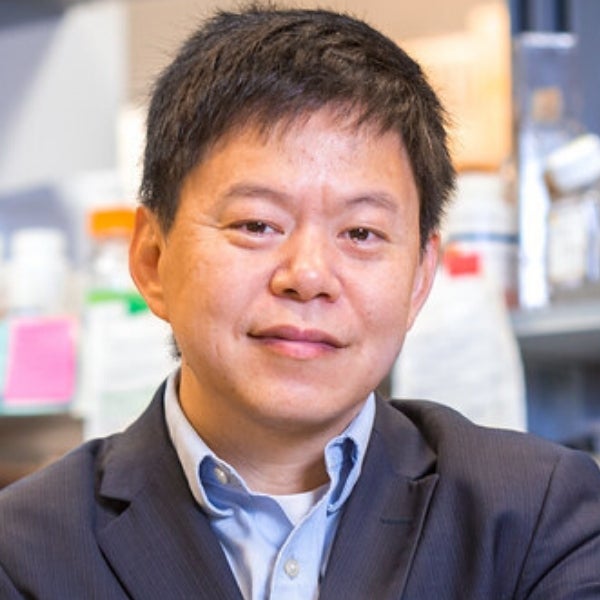 |
Peter WangProfessor, Bioengineering, UC San DiegoDr. Wang’s research includes the development of genetically-encoded molecule biosensors based on fluorescence resonance energy transfer (FRET) and the application of these biosensors for the visualization and quantification of molecular signals in live cells with high spatiotemporal resolution under physical/mechanical environment. Dr. Wang is also interested in integrating the cutting-edge technologies in molecular engineering, live cell imaging, and nanotechnology for the engineering of machinery molecules to reprogram cellular functions. |
The “Frontiers in Bioengineering Research” Webinar Series is organized by the Rice University Department of Bioengineering.
Week 6
CRISPR-Based Gene Regulation and Genome Editing
Thursday, May 21, 3-4:30 p.m. CT
Moderator(s)
Speaker(s)
- Charles Gersbach, Duke University | "Cell Programming with CRISPR-Based Targeted Gene Regulation"
- Gang Bao, Rice University | "Genome editing for treating single-gene disorders"
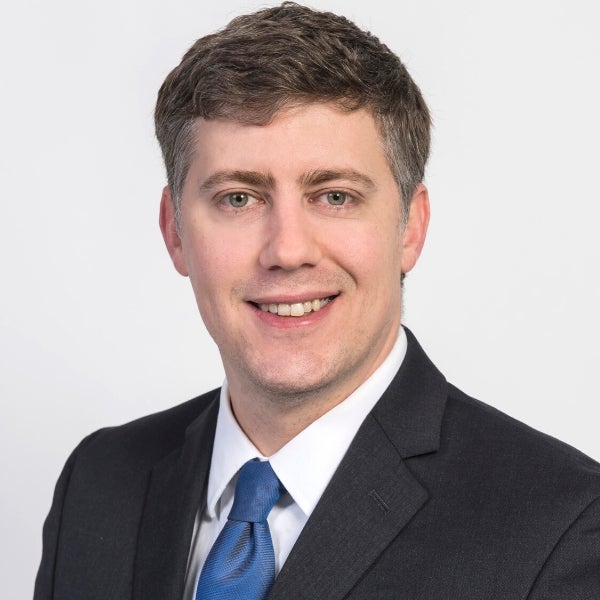 |
Isaac HiltonAssistant Professor, Bioengineering and Biosciences, and CPRIT Scholar in Cancer Research, Rice UniversityDr. Hilton and his research team are focused on illuminating fundamental principles of human gene regulation and repurposing these principles to program cellular functions and combat human diseases. To achieve these goals, the Hilton lab develops technologies to precisely manipulate epigenetic signatures, chromatin structure, and transcriptional networks in human cells. The Hilton lab also uses conventional genome editing to redesign genetic sequences and epigenomic activity to model human diseases and build cellular therapeutics. |
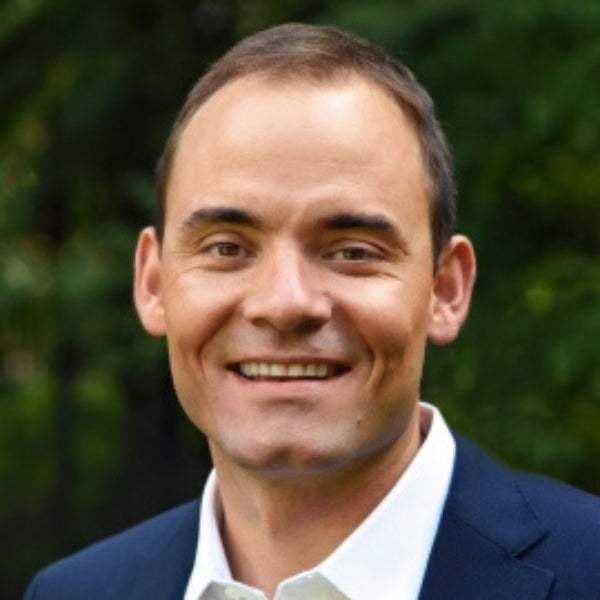 |
Charles GersbachRooney Family Associate Professor of Biomedical Engineering, Duke UniversityDr. Gersbach's lab is dedicated to applying innovative methods in molecular and genetic engineering to regenerative medicine, treating genetic disease, and enhancing our understanding of fundamental biological processes. Their research aims to develop new technologies to modify genome sequences, epigenomic regulation, and cellular gene networks in a precise and targeted manner. |
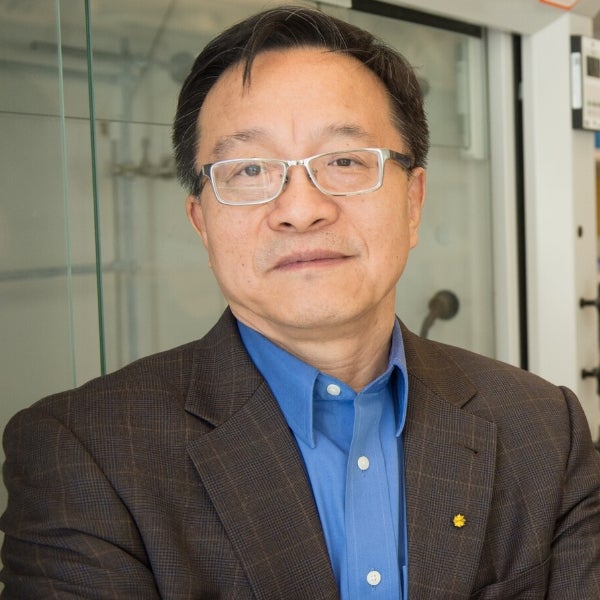 |
Gang BaoFoyt Family Professor of Bioengineering, Professor of Chemistry, CPRIT Scholar in Cancer Research, Associate Dean of Research and Innovation, Rice UniversityDr. Bao leads a group whose research is centered on developing nanotechnologies and biomolecular engineering approaches for basic biological studies and medicine, which spans the spectrum from chemical synthesis to small animal studies. Current methodology development includes the superparamagnetic nanoparticle probes, quantum dot bioconjugates, activatable molecular probes and molecular beacons for cellular and in vivo imaging, with applications in disease detection and mechanistic studies. |
The “Frontiers in Bioengineering Research” Webinar Series is organized by the Rice University Department of Bioengineering.
Week 7
Molecular Probes for In Vivo Imaging
Thursday, May 28, 3-4:30 p.m. CT
Moderator(s)
Speaker(s)
- Katherine Ferrara, Stanford University | "Imaging Viral Capsids with Positron Emission Tomography"
- George Lu, Rice University | "Genetically Encodable Gas-filled Protein Nanostructures for Imaging and Controlling Cellular Function"
 |
Gang BaoFoyt Family Professor of Bioengineering, Professor of Chemistry, CPRIT Scholar in Cancer Research, Associate Dean of Research and Innovation, Rice UniversityDr. Bao leads a group whose research is centered on developing nanotechnologies and biomolecular engineering approaches for basic biological studies and medicine, which spans the spectrum from chemical synthesis to small animal studies. Current methodology development includes the superparamagnetic nanoparticle probes, quantum dot bioconjugates, activatable molecular probes and molecular beacons for cellular and in vivo imaging, with applications in disease detection and mechanistic studies. |
 |
Katherine FerraraProfessor of Radiology, Stanford UniversityDr. Ferrara is a member of the National Academy of Engineering and a fellow of the IEEE, American Association for the Advancement of Science, the Biomedical Engineering Society, the Acoustical Society of America and the American Institute of Medical and Biological Engineering. Dr. Ferrara received her Ph.D. in 1989 from the University of California, Davis. Following an appointment as an Associate Professor in the Department of Biomedical Engineering at the University of Virginia, Charlottesville, Dr. Ferrara served as the founding chair of the Department of Biomedical Engineering at UC Davis. Her laboratory is known for early work in aspects of ultrasonics and has more recently expanded their focus to broadly investigate molecular imaging and drug delivery. |
 |
George LuAssistant Professor, Bioengineering and CPRIT Scholar in Cancer Research, Rice UniversityDr. Lu's Laboratory for Synthetic Macromolecular Assemblies focuses on a class of gas-filled protein nanostructures, and explores their unique material, mechanical and acoustic properties to enable noninvasive imaging and remote control of genetically engineered cells for biomedical research and cell-based therapies. |
The “Frontiers in Bioengineering Research” Webinar Series is organized by the Rice University Department of Bioengineering.
Week 8
Genome Engineering for Epigenetics and Brain Function
Thursday, June 4, 3-4:30 p.m. CT
Moderator(s)
- Sherry Gao, Rice University
Speaker(s)
- Jennifer Phillips-Cremins, University of Pennsylvania | "Genome folding, unfolding, and refolding in the mammalian brain"
- Isaac Hilton, Rice University | "CRISPR/Cas9-based Epigenome Editing for Mechanistic Epigenetics and Precision Gene Control"
 |
Sherry GaoT. N. Law Assistant Professor of Chemical and Biomolecular Engineering, Rice UniversityDr. Gao’s research program lies at the interface of chemical biology and biomolecular engineering with primary focus on small- and macro-molecule discovery and their applications to human health, agriculture, and energy. One of her main research goals is microbiome-based natural product discovery and engineering, and moreover, to develop enzymes involved in the natural product biosynthesis as powerful biocatalysts for difficult chemical reactions in the pharmaceutical and biotechnology industries. |
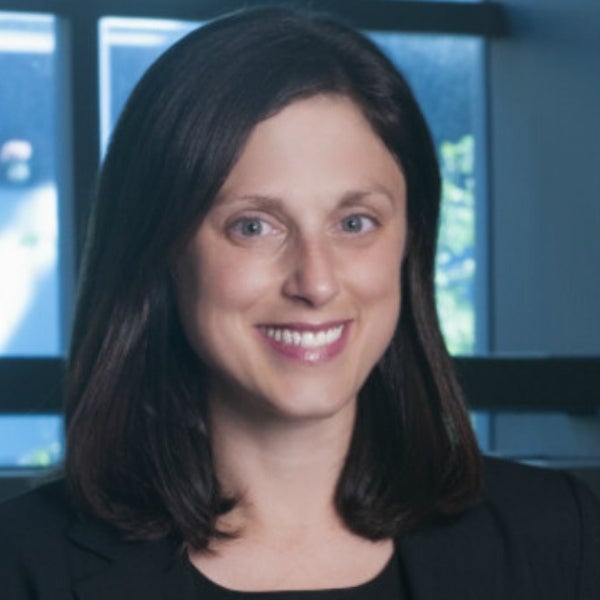 |
Jennifer Phillips-CreminsAssistant Professor, Bioengineering, University of PennsylvaniaDr. Cremins and her group investigate the link between three-dimensional organization of genomes and the establishment and maintenance of cellular function. We employ molecular Chromosome-Conformation-Capture technologies and high-throughput sequencing to create high-resolution 3-D genome architecture maps. They develop and apply computational tools to create 3-D models of chromatin and integrate 3-D architecture maps with genome-wide maps of epigenetic modifications. The group's current work is focused on understanding the role for higher-order chromatin organization during differentiation of embryonic stem cells into neurons and during reprogramming of somatic cells into induced pluripotent stem cells. |
 |
Isaac HiltonAssistant Professor, Bioengineering and Biosciences, and CPRIT Scholar in Cancer Research, Rice UniversityDr. Hilton and his research team are focused on illuminating fundamental principles of human gene regulation and repurposing these principles to program cellular functions and combat human diseases. To achieve these goals, the Hilton lab develops technologies to precisely manipulate epigenetic signatures, chromatin structure, and transcriptional networks in human cells. The Hilton lab also uses conventional genome editing to redesign genetic sequences and epigenomic activity to model human diseases and build cellular therapeutics. |
The “Frontiers in Bioengineering Research” Webinar Series is organized by the Rice University Department of Bioengineering.
Week 9
Using Machine Learning Approaches to Study Microbial Systems and Develop Antibiotics
Thursday, June 11, 3-4:30 p.m. CT
Moderator(s)
Speaker(s)
- Jason Yang, Rutgers University | "Interpretable Machine Learning Insights into Antibiotic Death Physiology"
- Lingchong You, Duke University | "Engineering living patterns, structures, and materials using bacteria"
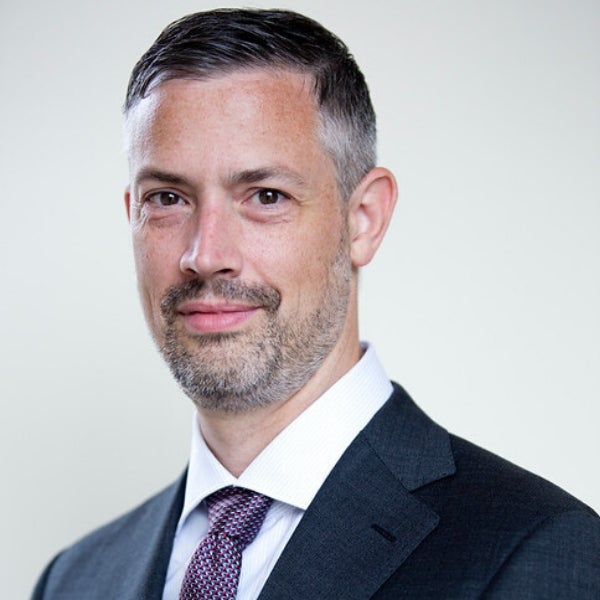 |
Caleb BashorAssistant Professor of Bioengineering and BioSciences, Rice UniversityCaleb Bashor uses approaches in synthetic biology to understand how complex behavior emerges from the properties of components that comprise cellular regulatory networks. His research focus is on engineering synthetic regulatory programs capable of reshaping cellular phenotype, with an eye on developing transformational cell-based therapeutics from engineered human cells. The Bashor Lab utilizes diverse eukaryotic cell types (mammalian immune and stem cells) to learn how to reprogram the complex regulatory circuitry involved in cellular sense and response. His approach uses theory and modelling to guide circuit design, and incorporates DNA assembly, microfluidics, and next-generation sequencing to build and characterize circuit libraries in high-throughput. |
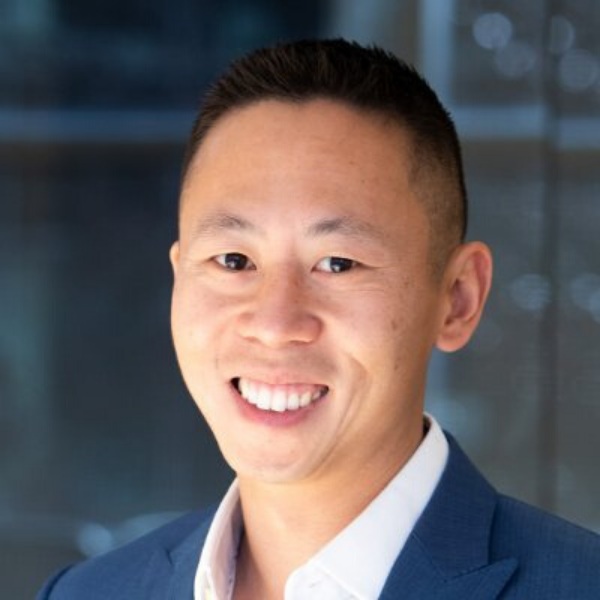 |
Jason YangAssistant Professor and Chancellor Scholar of Microbiology, Biochemistry and Molecular Genetics, Center for Emerging and Re-Emerging Pathogens, Rutgers New Jersey Medical SchoolBiological systems are beautifully complex and their nonlinear dynamics mediate the difference between health or disease, treatment success or treatment failure. The Yang Lab seeks fundamental, first-principles understanding into the molecular mechanisms underlying the pathogenesis of and therapeutic efficacy for chronic and infectious diseases. Dr. Yang and his team leverage advances in systems biology and biomedical data science to drive their discovery of mechanistic insights. They employ quantitative, live-cell, dynamic, high-throughput, and multi-OMIC experimental approaches. The Yang Lab couples these to network modeling, machine learning and bioinformatic analyses. Their research focuses on tuberculosis and heart failure. |
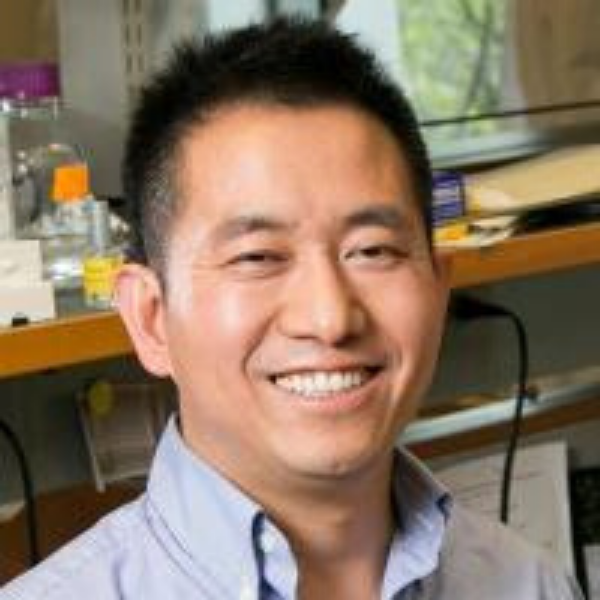 |
Lingchong YouProfessor of Biomedical Engineering, Duke UniversityThe You lab uses a combination of mathematical modeling, machine learning, and quantitative experiments to elucidate principles underlying the dynamics of microbial communities in time and space and to control these dynamics for applications in computation, engineering, and medicine. |
The “Frontiers in Bioengineering Research” Webinar Series is organized by the Rice University Department of Bioengineering.
Week 10
Engineering Physiologically Relevant Tissues
Thursday, June 18, 3-4:30 p.m. CT
Moderator(s)
Speaker(s)
- Donald Ingber, Wyss Institute | "Genome folding, unfolding, and refolding in the mammalian brain"
- Gordana Vunjak-Novakovic, Columbia University | "Engineering functional human tissues"
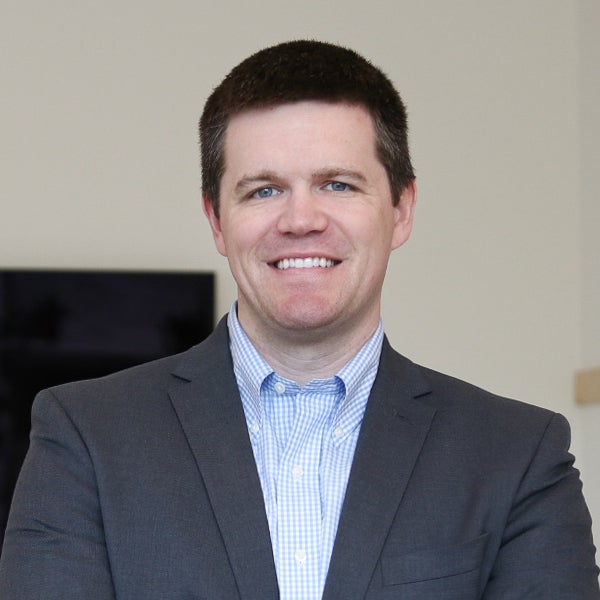 |
Kevin McHughAssistant Professor and CPRIT Scholar in Cancer Research, Department of Bioengineering, Rice UniversityDr. McHugh's research focuses on developing drug delivery platforms and engineering tissues using customized polymers and advanced fabrication methods such as multi-photon 3D printing. His research group leverages the well-characterized behavior of materials and high spatial control of nanoscale fabrication techniques to rationally design systems with highly predictable behavior. Because their work is highly translational in nature, they seek not only to create technologies that improve patient outcomes, but also ensure that they are feasible to implement clinically. |
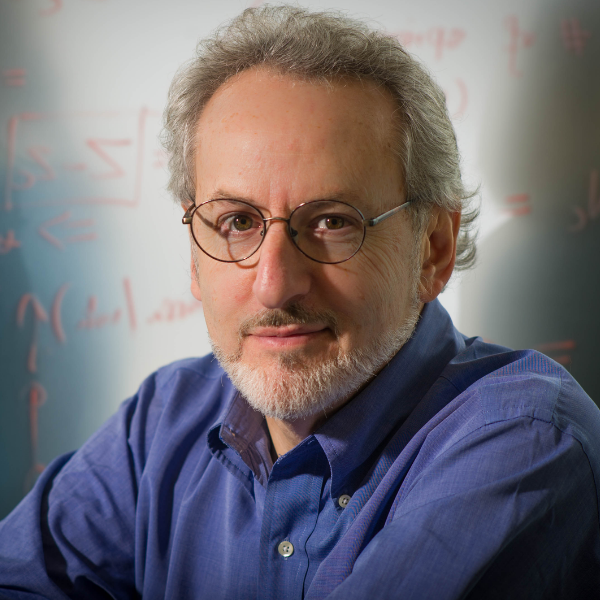 |
Donald IngberDirector, Wyss Institute for Biologically Inspired Engineering at Harvard University; Department of Surgery and Vascular Biology Program, Harvard Medical School & Boston Children’s Hospital; Harvard UniversityDonald E. Ingber, M.D., Ph.D., is the Founding Director of the Wyss Institute for Biologically Inspired Engineering at Harvard University, the Judah Folkman Professor of Vascular Biology at Harvard Medical School and the Vascular Biology Program at Boston Children’s Hospital, and Professor of Bioengineering at the Harvard John A. Paulson School of Engineering and Applied Sciences. He received his B.A., M.A., M.Phil., M.D. and Ph.D. from Yale University.
Ingber is a pioneer in the field of biologically inspired engineering, and at the Wyss Institute, he currently leads a multifaceted effort to develop breakthrough bioinspired technologies to advance healthcare and to improve sustainability. His work has led to major advances in mechanobiology, tumor angiogenesis, tissue engineering, systems biology, nanobiotechnology and translational medicine. Through his work, Ingber also has helped to break down boundaries between science, art and design. |
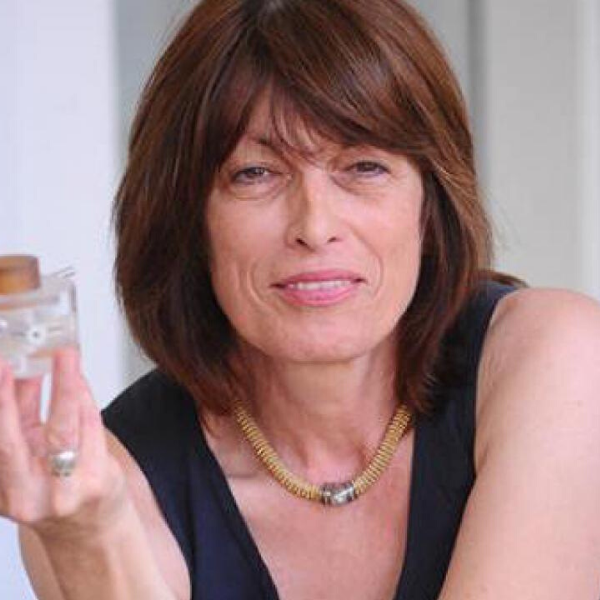 |
Gordana Vunjak-NovakovicThe Mikati Foundation Professor of Biomedical Engineering, Columbia UniversityDr. Vunjak-Novakovic's Laboratory for Stem Cells and Tissue Engineering is focused on tissue engineering approaches to improving human health. We investigate innovative technologies for engineering human tissues – including bone, cartilage, heart, and lung – by an integrated use of stem cells, biomaterials, and bioreactors. Our long-term goals are to develop effective treatment modalities for regenerative medicine, tissue models for stem cell research and study of disease, and “organs-on-a-chip” platforms for use in precision medicine. We direct the human cell differentiation and assembly into functional tissues using a “cell-instructive” approach based on tissue-specific scaffolds (providing a template for tissue formation) and advanced bioreactors (providing environmental control, molecular and physical signaling). |
